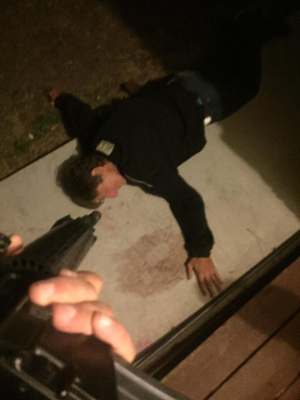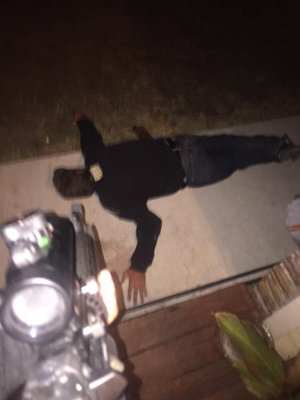Breaking the Spell: Religion as a Natural Phenomenon

The following poem was written by someone eleven years old in the Laestadian Lutheran Church, which I left a few years back. I reprint it here with permission of the young author who wishes “to see this out there,” and a parent of the author. Except for the visual formatting and the addition of a couple of punctuation marks, it is exactly as written.
Their only proof is a weathered book.
Brainwash the young ones with lies and excuses.
Give ’em someone to worship
to avoid thoughts of reality.
Write the rules on a rock.
If they do otherwise
you’ll make sure they don’t.
Scared, insecure children hiding back from the cult.
Hold in those tears, my friend.
Why let them run? You’ll be questioned.
You’re worried what the Almighty might do.
And maybe his famous son too.
They’re living a living hell.
Believe me it’s never that swell.
They wipe you off and rip you out.
You never got what you deserve!
Boy you’ve got some nerve
To say his name out LOUD!
And if you shame the name of god
to make yourself heard,
Remember what I say:
You’re not a believer!
God I can’t explain
To anyone who’se sane
One single fucking thing
About how I live and
Who I think is “king.”
People handing out diamond rings
At the age of seventeen2
Pumping ’em out to save their souls
In order to be fit for heaven.
They’ve got eleven!3
Don’t even run!
Go and try, they’ll hunt you down
and you’ll be shunned.
I wore the face of an innocent child.
But my bitter thoughts soon made me vile.
If you ever leave the clan I’ll shake your hand.
Honey, you’ll be glad you left.
And overjoyed you’re gone.
Though your memories will always rage on.
There is nothing to add to this heartfelt work, except the hope that it be seen by other young people struggling under the weight of a harsh fundamentalism they did not ask to be part of, and by parents unware of the pain they are inflicting on their children–in service of doctrines those parents privately admit to doubting. And perhaps to repeat the remarkable age of the poet: eleven years old.
Notes
-
“Stairway to Heaven,” Led Zeppelin (1971). There’s actually a poem in an LLC publication with a line taken right from another 70s rock & roll song. The writer (not me, and I’m not telling who it was) obviously had a sense of humor. The photo is mine, taken deep inside the half-million acre Colville National Forest. ←
-
Since all forms of sexual contact outside marriage are considered sin, teenage engagements are common. Most Laestadian young people are married (for life) by their mid-twenties. ←
-
Readers not familiar with the LLC might not appreciate that “pumping ’em out” refers to children. The church has a strict doctrine that all forms of birth control (even the rhythm method!) are sin. ←

